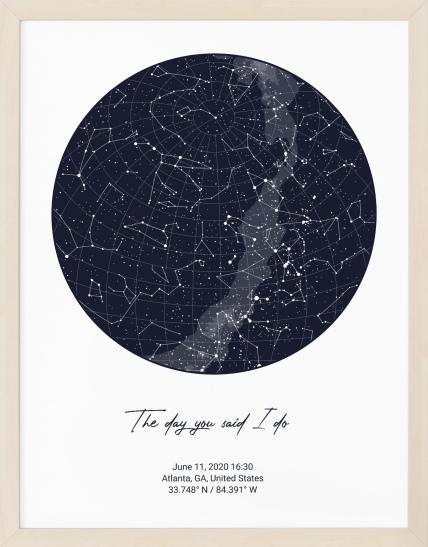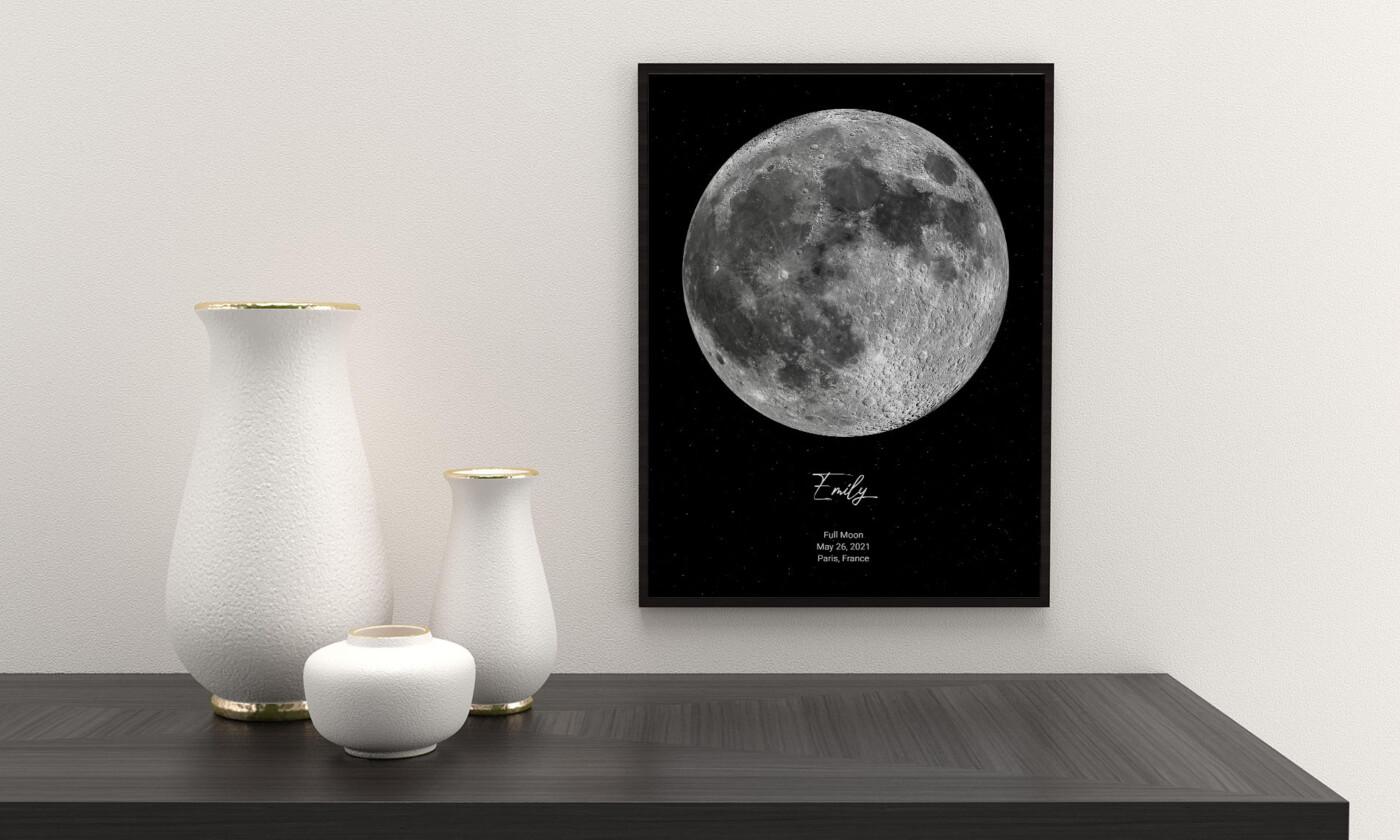Many myths and superstitions find their roots in our daily lives. One such prevalent notion is the belief that more babies are born during a full moon.
This belief has prevailed through centuries, influencing the imaginations of many.
The following piece will comprehensively delve into this, aiming to debunk the myth and unravel the factual threads associated with it.
The Moon’s Magnetic Pull and the Birth Process
A popular belief behind this myth is the gravitational pull of the moon. Some postulate that, akin to its influence on the ocean tides, the moon could also influence human bodies, given that we are 60% water.
However, it’s important to clarify that the moon’s gravitational pull does not significantly affect individual bodies. A comprehensive analysis of birth rates during different lunar phases finds no correlation, refuting this aspect of the myth.
Scientific Scrutiny of the Full Moon-Birth Myth
A scientific lens adds weight to our investigation. Multiple studies have explored this belief, researching the possible link between full moon cycles and birth rates.
For instance, a comprehensive study published in the American Journal of Obstetrics and Gynecology analyzed over 500,000 births spanning 62 lunar cycles.
Their conclusion? The researchers found no statistically significant correlation between the lunar phases and birth rates, a testament to the myth’s shaky foundation.
Psychological Factors and Belief Perpetuation
But why does the belief persist? A critical factor is the psychological phenomenon known as confirmation bias.
This tendency of the human mind to prioritize information that supports pre-existing beliefs and ignore contradicting evidence plays a significant role in the myth’s perpetuation.
When a baby is born during a full moon, it’s taken as an affirmation of the belief, whereas births during other lunar phases are overlooked.
Medical Professionals and the Full Moon-Birth Myth
Medical professionals’ viewpoints further bolster our myth debunking. Midwives and obstetricians, who are in direct contact with birth processes, largely report no observable spikes in birth rates during full moons.
These front-line professionals’ insights, juxtaposed with scientific findings, offer a clear refutation of the myth.
The Importance of Critical Thinking and Evidence-Based Beliefs
Our exploration underscores the importance of critical thinking and evidence-based beliefs.
While it’s entertaining to ponder the moon’s mystical influence on human affairs, scientific evidence, professional insights, and logical reasoning demonstrate that birth rates are not influenced by lunar phases. It’s essential to apply this mindset not just to the full moon-birth myth, but to all facets of life.
This approach ensures we form beliefs based on facts and research, not superstition or hearsay, promoting a more rational and informed society.
To summarize, the notion that more babies are born during a full moon is a deeply entrenched myth. However, evidence-based research and frontline professional experience decisively debunk this belief. Whether you’re an expecting parent or a curious reader, we hope this comprehensive exploration has informed and intrigued you.
Bringing the Moon Closer: Our Moon Phases Posters
Though we’ve debunked the myth of increased births during a full moon, the allure of the moon and its phases is undeniable. As a celestial body, the moon has fascinated humans for centuries, and continues to do so. Our appreciation and curiosity for the moon needn’t be stifled by debunked myths.
And that’s where our Moon Phases Posters come in. These elegantly designed posters serve as a constant reminder of the moon’s beautiful evolution through its phases. By bringing the moon closer to you, these posters can help inspire wonder, curiosity, and a deeper appreciation for our nearest celestial neighbor, without the myths.




